SUMMARY
This is AI generated summarization, which may have errors. For context, always refer to the full article.
![[OPINION] The anatomy of loss and damage finance, the Philippine perspective](https://www.rappler.com/tachyon/2022/06/imho-l-and-d-finance-ph.jpg)
Arguably the most critical issue heading into the November climate negotiations (COP27) in Egypt is the establishment of a financial mechanism to avert or minimize loss and damage (L&D). Developing countries pushed for its creation in last year’s summit in Glasgow, yet this was rejected by developed nations that would be providing said funds.
As experts currently convene in the intersessional meetings in Bonn, many proposals have emerged on what such facility should look like, with more to be suggested in the following months. While the richer countries are likely to either block it or weaken its functions, representatives from vulnerable nations will present their own versions before forming a united position to be communicated in the negotiations.
In this context, the following is a proposed take on the features of a L&D facility based on learnings from climate action in the Philippines.
Not just any financing
As its name indicates, this facility must exclusively finance programs of developing nations to address climate-related L&D. Specifically, it should focus on mobilizing funding from both public and private sources and strengthening coordination among all stakeholders relevant to this process.
What must be at the heart of its functions is the “polluter pays” principle, referring to developed countries and fossil fuel corporations compensating victims of extreme climate change impacts due to their greenhouse gas emissions that caused this crisis. This concept is an important part of climate justice as recognized in longstanding and recent policy frameworks at the global and national levels, such as the National Inquiry on Climate Change by the Philippine Commission on Human Rights.
Aligned with the “polluter pays” principle, among sources of funding should be taxation and penalties on carbon majors, diverting subsidies towards said industries, and public finance commitments by developing nations. Other sources can include philanthropic contributions, already pioneered by three such organizations pledging $3 million during the Glasgow climate talks and joining the governments of Scotland and Wallonia, Belgium in their own commitment.
Canceling debts of highly-vulnerable nations should also open more resources to be used to avoid L&D. Highly-vulnerable nations should not be deprived of their right to development by being even more indebted to big polluters, who are the ones that should be paying their “climate debt.”
This forms the basis for why a L&D facility must disburse financing in the form of grants instead of loans. This would prevent recipient developing nations from being burdened with higher economic costs from borrowing in the form of interests, among others.
Lessons must be learned from the challenges vulnerable nations and communities faced with accessing available modes of climate finance. For example, the Philippines has several of its proposed projects to the Green Climate Fund still awaiting approval after years of waiting, partially due to bureaucratic inefficiencies and conflicting agendas between developed and developing countries.
At the domestic level, its People’s Survival Fund, a P1-billion budget designed to help most vulnerable communities adapt to local impacts, has only been accessed six times since its creation in 2012. Yet the reality of the climate crisis can hinder the few projects being implemented, as seen when a climate field school in Siargao Island, southern Philippines was impacted by the wrath of category 5 Typhoon Odette last December.
Given these instances, accessing grants and other modes of support under the L&D facility should be made easier for developing states. National governments should be prioritized as the direct recipients to avoid potential bureaucratic bottlenecks, although they may have the option to partner with accredited financial entities. As much as possible, grants should also be given at its full amount for more urgent project implementation.
At the same time, developing nations must be required to include in their proposals modalities that empower local stakeholders to make decisions on managing allotted funds for specific actions. This is to recognize the critical role of local actors in more efficiently addressing L&D, especially when it comes to non-economic losses.
An equal allocation of funding under this mechanism should be mandated to dealing with impacts from sudden onset events, such as typhoons, and slow onset events like sea level rise, droughts, and ocean acidification. Addressing slow onset events is critical as its long-term effects on communities and ecosystems are much more likely to be irreversible, especially if projected global warming does occur.
Lastly, a minimum target for mobilized funds must be set upon the mechanism’s formation. This number should increase every few years in anticipation of potential rise in L&D associated with projected more extreme climate change impacts.
With genuine momentum on advancing the L&D agenda for the first time in the history of the global negotiations, developing countries like the Philippines must not shy away from turning this momentum into a milestone. Just like climate solutions in general, the time is way overdue for L&D to be fully established as the third pillar of climate action and finance.
And it starts with the creation of a L&D financing facility. There simply is no other acceptable outcome. – Rappler.com
John Leo Algo is the Deputy Executive Director of Programs and Campaigns of Living Laudato Si’ Philippines and a member of the interim Secretariat of Aksyon Klima Pilipinas. He has been representing Philippine civil society in regional and global UN conferences on climate and the environment since 2017. He has been a climate and environmental journalist since 2016.
Add a comment
How does this make you feel?
![[OPINION] Rich polluters must pay climate debt](https://www.rappler.com/tachyon/2020/11/rich-polluters-climate-debt.jpg?fit=449%2C449)
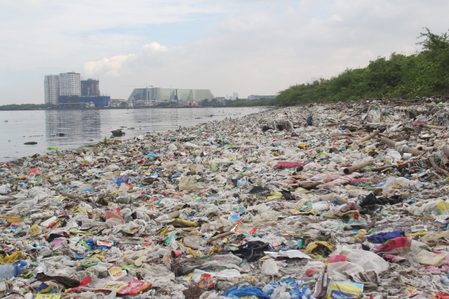

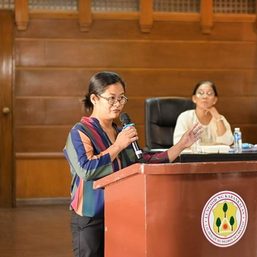
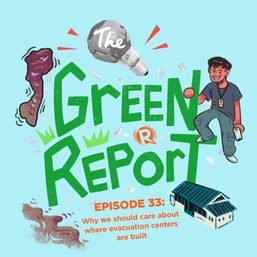
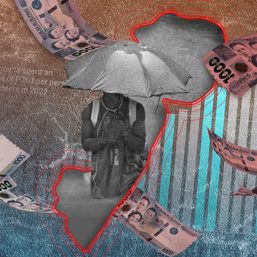
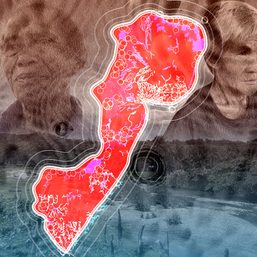
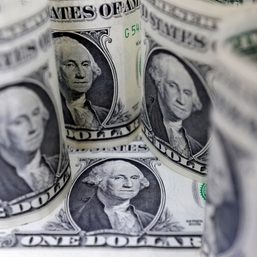

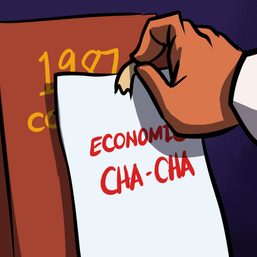
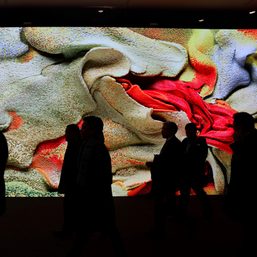
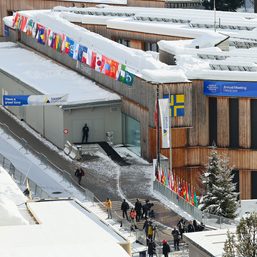
![[OPINION] What’s the right thing to do?](https://www.rappler.com/tachyon/2024/02/imho-whats-the-right-thing-to-do-02242024.jpg?resize=257%2C257&crop=259px%2C0px%2C720px%2C720px)
![[New School] Kagat ng realidad](https://www.rappler.com/tachyon/2024/02/new-school-kagat-ng-realidad-feb-14-2024.jpg?resize=257%2C257&crop=318px%2C0px%2C720px%2C720px)
![[New School] UP DiliMall, dili mall! Hindi nilalako ang edukasyon](https://www.rappler.com/tachyon/2023/11/ns-dilimall.jpg?resize=257%2C257&crop=307px%2C0px%2C720px%2C720px)
![[OPINION] A win for the breadwinner](https://www.rappler.com/tachyon/2023/08/iSpeak-win-breadwinner-August-1-2023.jpeg?resize=257%2C257&crop_strategy=attention)
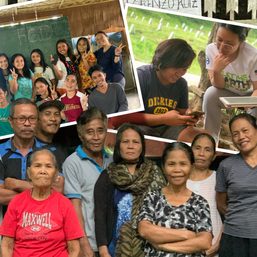
There are no comments yet. Add your comment to start the conversation.